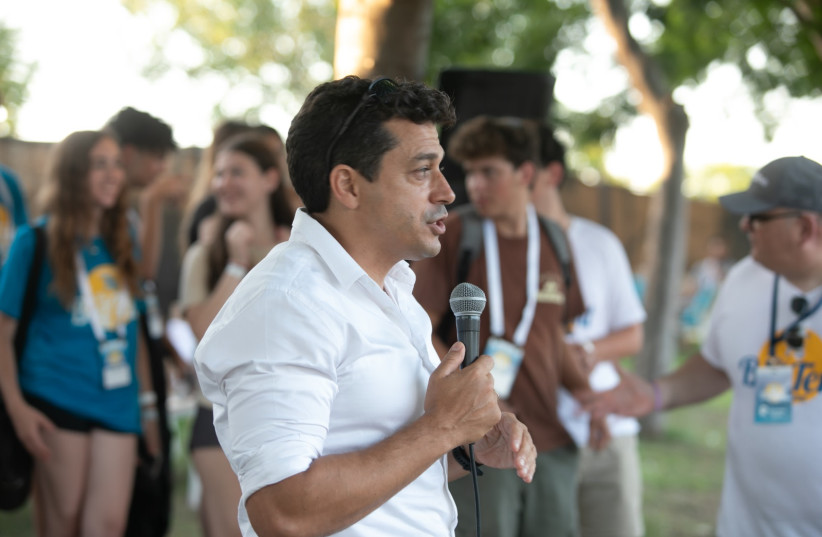The Israeli government, under its most Orthodox and religious leadership in history, is set to allocate funding for non-Orthodox religious communities in Israel, with a budget approaching NIS 2 million, The Jerusalem Post learned.
These funds will be administered by the Social Equality Ministry, which is headed by Amichai Chikli. The ministry conveyed to The Post on Monday that, in accordance with Government Decision 924 of September 14, 2023, it has undergone two assessments for providing support: "Support for spiritual-cultural activities within non-Orthodox Jewish communities" and "Support for public institutions engaged in community leadership activities within revitalized communities."
According to the official response, the support for religious communities that do not adhere to Orthodox traditions "is determined by the number of rabbis recognized by regional councils, as indicated by the support assessments, in addition to the annual amount designated by the Finance Ministry for non-Orthodox rabbis."
Previously, this funding was channeled through the Culture Ministry, but during this government's term, it has been relocated for undisclosed reasons.

Chikli was the sole minister willing to allocate funds
Sources within the government suggest that Chikli was the sole minister willing to allocate funds to Reform and Conservative communities. The annual allocation for this initiative is anticipated to increase based on determinations made by the Finance Ministry.
The Social Equality Ministry explained that, based on data provided by the Culture Ministry, the annual support amounted to approximately NIS 1.8 million. That said, the budget of the Religious Services Ministry has a budget of more than NIS half-a-billion, where most of the services to Israeli citizens are according to Orthodox Jewish law.
Regarding the "Support for public institutions conducting community leadership activities in revitalized communities," the ministry clarified that "the budget is derived from the overall allocation provided by the Religious Services Ministry, following a similar criteria applied to Orthodox community leaders, with allocations determined through a shared model." This budget has also been transferred from the Culture Ministry and is expected to amount to several NIS hundreds-of-thousands.
In accordance with the documentation outlining this funding initiative, a non-Orthodox religious Jewish community is defined as "a collective of more than 50 individuals aged 18 or older, residing in one or more regional councils, actively engaged in shared non-Orthodox Jewish spiritual and cultural activities."
Some of the eligibility criteria for receiving this funding include the requirement that the institution operates a synagogue conducting prayers during the High Holy Days, Sukkot, Passover, and Shavuot, in addition to a minimum of 40 Shabbat services annually, with at least 25 participants in each service. These conditions must be evidenced by the institution's declaration, as provided by an authorized representative, and must be the basis for seeking support from the ministry.
